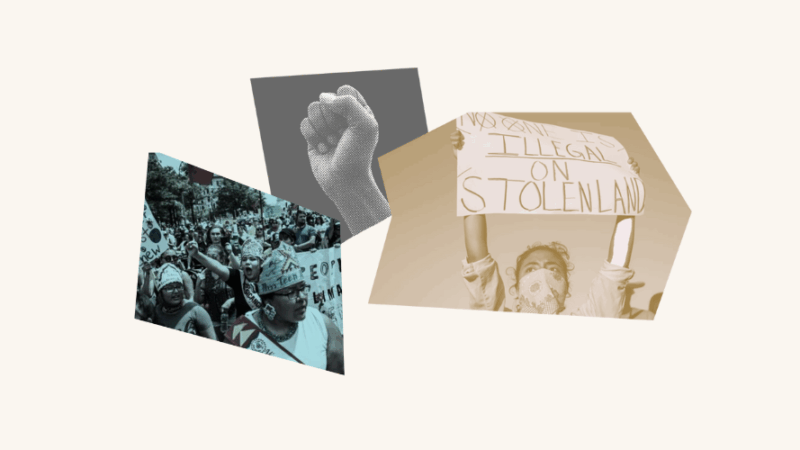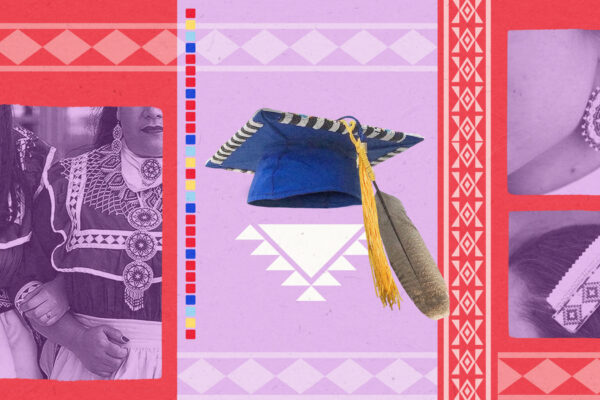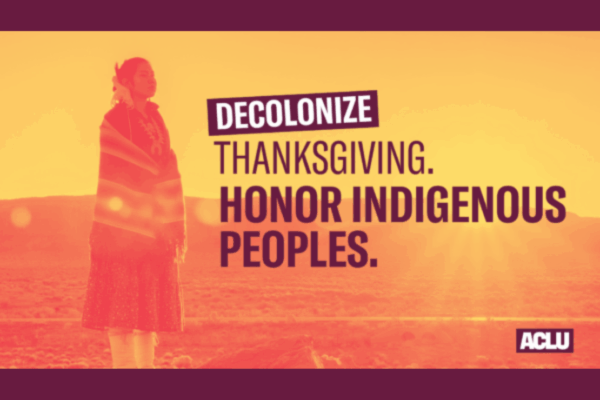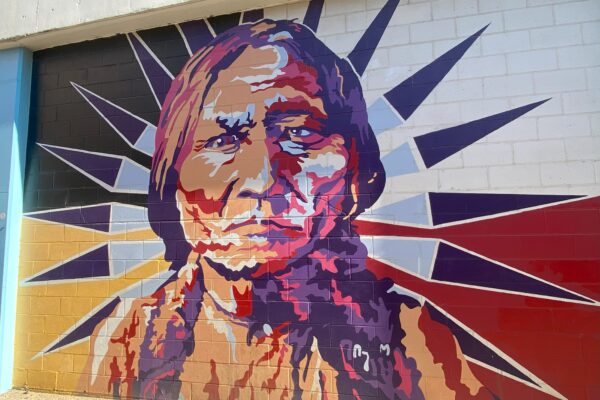Indigenous Justice
The American Civil Liberties of North Dakota seeks to uplift Indigenous people, communities and tribes through community-focused and integrated legal and advocacy work. We aim to support tribal communities -- and follow their lead -- as they work to uphold their sovereignty, dignity, and autonomy.

We work to dismantle colonial systems of oppression that are found in all of our institutions including schools and prisons.
North Dakota is home to Indian reservations and federally recognized tribes. Indigenous people are one of the largest minority groups in North Dakota.
State and federal governments fail to adequately address how the legacy of colonization continues to harm Indigenous people. Since the founding of the United States, Indigenous people have faced systemic injustice and inequality in all aspects of our society.
The ACLU of North Dakota recognizes that Indigenous Justice is not racial justice alone, but a complexity of political and sovereignty issues.
Our Indigenous Justice priorities are informed by conversations with Indigenous leaders and community members across the state, with equity in all aspects of life as our top priority.
Free speech and protest
The ACLU rose to the occasion in 2019 with community partners and defended the rights of every South Dakotan to peacefully protest the construction of the Keystone XL pipeline with this successful lawsuit, Dakota Rural Action v. Noem. Today the ACLU remains vigilant in our effort to preserve people’s First Amendment rights. The voices of the people must be heard in a meaningful way, and taking that opportunity away from anyone is a subversion of our entire democratic process.
Voting rights
Indigenous people must have political equity and fair access to the ballot box. However, the reality is that far too many people, especially those living in rural parts of Indian reservations, face voter suppression or disenfranchisement.
Treaty Rights
Treaties between Indian tribes and the United States government are contracts between two sovereign nations. Per the U.S. Constitution, treaties are the law of the land. Even with an obligation to uphold all treaties, the federal government’s track record is dismal. We support tribes in their efforts to hold the U.S. government accountable.
When it comes to Indigenous Justice, the ACLU of North Dakota is proud to have a dedicated Indigenous Justice program and within the national family of ACLU chapters.
The Latest

Survey: Tribal Regalia and First Amendment Rights in North Dakota

Decolonize Thanksgiving by Cultivating Authentic and Respectful Holiday Traditions
Stay Informed
Sign up to be the first to hear about how to take action.
By completing this form, I agree to receive occasional emails per the terms of the ACLU’s privacy statement.
By completing this form, I agree to receive occasional emails per the terms of the ACLU’s privacy statement.


